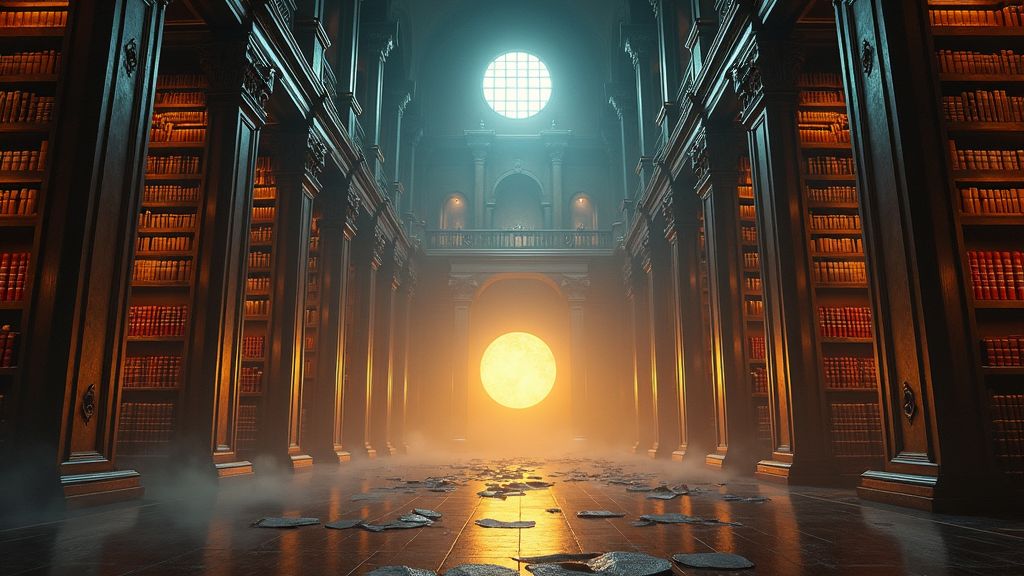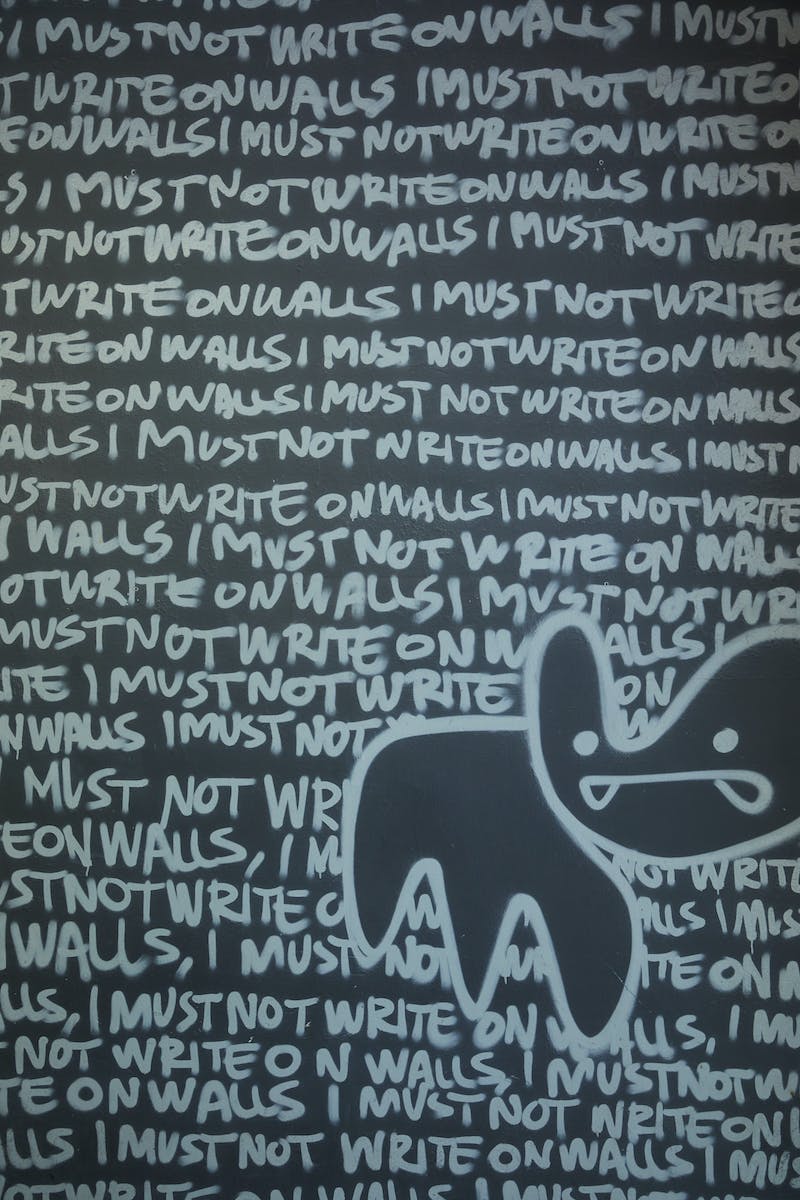The Impact of Unusual Facts on Historical Narratives
Have you ever stumbled upon an unusual fact that completely changed your perspective on a historical event? These little-known details have the power to reshape our understanding of the past and challenge traditional narratives. In this article, we will explore the impact of unusual facts on historical narratives and how they can provide new insights into familiar stories.
Uncovering Hidden Gems
When delving into the annals of history, it is easy to get caught up in the grand narratives and well-known figures. However, sometimes it is the obscure details that can shed light on the hidden aspects of an event or era. These unusual facts act as hidden gems waiting to be discovered, offering a fresh perspective that may have been overlooked in conventional accounts.
Case Study: The Rosetta Stone
One of the most famous examples of an unusual fact altering historical narratives is the discovery of the Rosetta Stone in 1799. This artifact, containing three different scripts – hieroglyphics, Demotic script, and Greek – played a pivotal role in deciphering Egyptian hieroglyphs. Its discovery revolutionized the study of ancient Egypt and provided a key to understanding a civilization that had remained enigmatic for centuries.
The Ripple Effect
Unusual facts not only provide new insights into specific events but can also have a ripple effect on our understanding of broader historical processes. By challenging established beliefs and narratives, these facts can lead to a reevaluation of entire historical epochs and the people who shaped them. They force us to question our assumptions and encourage a more critical examination of the past.
Embracing Complexity
Historical narratives often simplify complex events or figures to make them more digestible for a general audience. However, unusual facts introduce a level of complexity that enriches these narratives and adds depth to our understanding of the past. By embracing the nuances and contradictions revealed by these facts, we can gain a more nuanced and multifaceted view of history.













